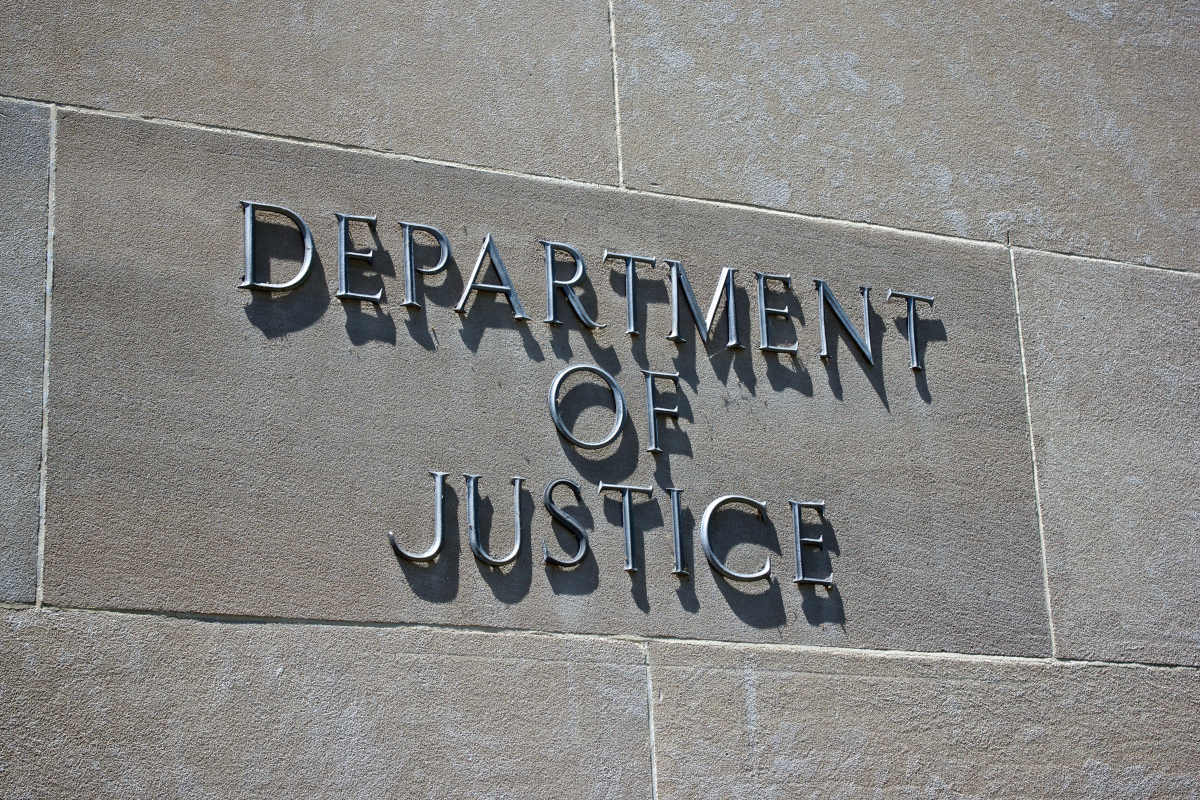
First Amendment rights can be a sticky issue. For instance, nearly everyone claims to cherish and protect the amendment, yet in many cases that protection runs counter to special interests. Our president himself has made splendid use of people's distrust of mainstream media, assaulting news personalities and attempting to delegitimize the entire news apparatus – and truth itself.
In response, the organizations highest in Trump's line of fire — The New York Times, CNN and MSNBC, in particular — have turned on the jets, publishing news stories and op-eds fiercely critical of the Trump administration on a daily basis. The war of words might seem almost comical, if it weren't our very perception of reality that was at stake. In the past year, a record number of media contacts and leakers within the Trump bureaucracy have opened a pipeline of juicy gossip and administration developments that continue to flow to the mainstream media.
Now, in retaliation, an active investigation is underway against 21 journalists whose contacts within the administration have facilitated, or made use of, many of the leaks. Though damaging to the reputation of Trump and his people, the leaks are widely considered non-criminal in nature, calling into question the strong-armed role – otherwise known as intimidation – played by the Department of Justice.
Two groups – the Knight First Amendment Institute and Freedom of the Press Foundation – recently filed suit against the DOJ in the hopes of shedding light on any changes the administration may have made to surveillance procedures against journalists. Specifically, the lawsuit seeks a coherent “Media Guidelines” protocol, along with any documents that might indicate how Trump's DOJ has broken with precedence in its relation to the free press.
Why is This Happening?
The lawsuit is a long time coming. Since the administration took power nearly a year ago, the DOJ’s actions under Attorney General Jeff Sessions seem increasingly erratic, including large-scale subpoenas of user information and IP addresses from online protestors and participants in anti-Trump forums.
For example, a few months back, Twitter came close to suing the Department of Homeland Security when it asked the popular social media company to surrender private information attached to an account holder who frequently used Twitter to criticize the administration. Employment attorney Debra D’Agostino said a request like this, without indication of any actual criminal conduct on the part of the Twitter user, was unprecedented.
D’Agostino, who deals specifically with First Amendment rights and federal employee legal matters, said this was the first case of its kind she had ever seen. She emphasized that even if the user was a federal employee, no laws exist stating that a federal employee can't disagree with the actions of a presidential administration. The point seemed to become even clearer when the DOJ informed Twitter that the summons had been erased, before Twitter had time to take legal action.
Even as a freelance journalist for non-mainstream outlets, I myself have had a minor but creepy experience with these sorts of intimidation tactics: A few weeks ago, Sebastian Gorka, the former assistant to President Trump, followed me on Twitter after I wrote a critical article about him. Gorka following me? Since everything I write and tweet about opposes this man’s worldview, I was at first a little confused. But then I realized it wasn't at all out of character for this extremist, paranoid administration that is most interested in monitoring its public image – and distorting that image through bullying, or by any means necessary.
For context, over the entirety of the Obama administration, four leak-related investigations took place. The Trump administration is slightly more than a year old and is investigating 27 cases.
When Director of National Intelligence Dan Coats was asked about his stance on the culture of leaking, he said, “If you improperly disclose classified information, we will find you. We will investigate you. We will prosecute you to the fullest extent of the law, and you will not be happy with the result.”
Of course, this begs the question: What is the fullest extent of the law? Based on the Constitution that we know and love, the vast majority of these leaks are not prosecutable offenses. So has the law changed? And if so, how? This lawsuit looks to answer exactly that.
Meanwhile, all signs point to an administration mired in its own incompetence and fighting to mask that incompetence. Damaging stories released on a daily basis have turned the opaque secrecy of executive affairs into something resembling Swiss cheese – giving one and all a glimpse into the inner recesses of the administration. Further, these stories and leaks regularly direct the public's attention away from the administration's agenda in more embarrassing, if distracting, directions.
When National Security is at Stake
Some leaks, on the other hand, have gone beyond simple embarrassment and have slipped into the realm of public or national security concerns. These, under any administration, would warrant an investigation.
Alan M. Katz of the California Law Review has published a scholarly article explaining why the First Amendment rights of journalists and leakers should be protected. In it, he writes about the possible rationale of prosecuting journalists versus the reasoning that she must remain exempt from attack: “Thus, disallowing punishment leaves the media undeterred from printing potentially dangerous information that is of use in public discussion.”
It is a tough argument to sustain. While allowing the unencumbered printing of any and all government documents cannot be a good idea, punishing small leaks to deter the more dangerous ones seems a questionable strategy at best. This said, trampling First Amendment rights in the name of national security isn't entirely unheard of in America. The current lawsuit also covers the use of "National Security Letters," or letters requesting information from companies about users and customers. These represent a direct line between the DOJ and the companies, and are not published publicly nor are they available to those involved or affected.
More troubling, these letters circumvent the traditional DOJ media guidelines and don't offer the same free speech protections normally used. The lawsuit frames the exemption as another way the DOJ can access information about journalists – and any potential leakers – without conforming to normal guidelines.
What happens from here is anyone's guess. The lawsuit may ultimately set a new precedent for how the DOJ deals with the public over matters of free speech. And if First Amendment rights prevail, more truths can be expected to leak as journalists work to hold the administration accountable.
3 WAYS TO SHOW YOUR SUPPORT
- Log in to post comments















